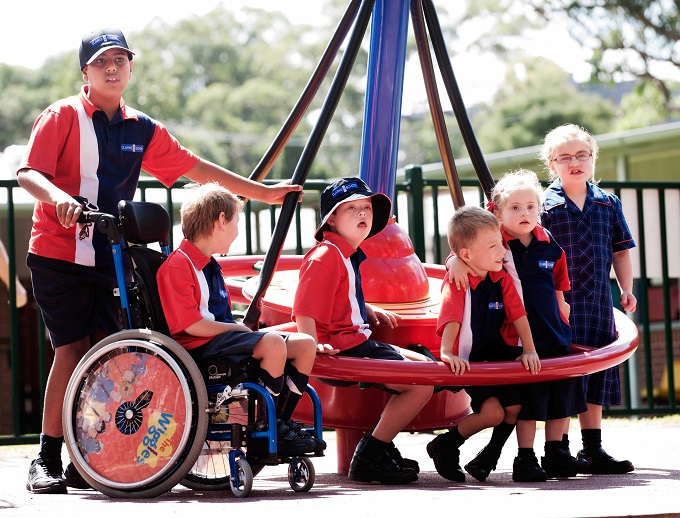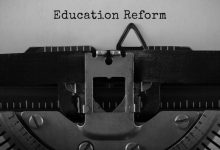What is the future of education?

Education 2025: Are educators teaching what’s needed for students to succeed in the workforce of the future?
The widespread availability and rapid advances in digital technology are causing changes to work, not seen since the industrial revolution. A recent study by Chartered Accountants Australia and New Zealand suggests 60 percent of Australian jobs are at risk of automation in the next twenty years.
Students set to enter the workforce in five, ten, even fifteen years from now, are likely to have several different careers ahead of them compared to previous ‘job for life’ generations. Many will also choose to be self-employed, or seek roles that offer more flexible working options.
With jobs, and even entire industries set to change or disappear, it’s clear that a more adaptable workforce will be needed. This will mean relooking at what we teach students today to ensure they will succeed tomorrow.
More responsive and personalised education pathways may be needed to meet the demands of a workforce that needs to be resilient and more adaptable. I’m not saying that academic achievement will become irrelevant, I am saying that in a world where multiple vocations are expected to be the new normal, where computers will do jobs previously done by people, we will need a more rounded approach to learning. Teaching entrepreneurial and life skills like innovation, teamwork, collaboration, problem solving and communication skills will be as important as academic qualifications.
It’s vital that technologies and tools created today will support the rapid pace of change taking place inside the classroom. To help us understand what Australia and New Zealand (ANZ) educators need to succeed in the classroom of the future, we recently undertook a 2025 Education Technology Innovation Survey.
Over 700 educators from Australia and New Zealand (ANZ) responded with a diverse range of job roles – the majority being teachers and principals and 90 percent were above the age of 30. Outlined below are some of the key findings:
- Education accessibility: More investment needed
For educators within ANZ, a big concern was the accessibility of education, especially in remote areas with 40 percent of educators believing parents and students alike are demanding more mobile and remote access to services. Currently 58 percent also feel that government is not keeping up with education innovation. Furthermore, respondents also believed that future education models will likely come from educators themselves rather than the government or private sector. A majority also believe the education sector will be investing in Virtual Learning Environments (VLE).
- Curriculum catch up required: Improving quality of teachers versus personalised and contextual learning
Right now. The largest inhibitor for the future of education is seen as the curriculum not keeping pace with future workforce needs. However, when it comes to potential solutions, there was a difference of opinion. More than one quarter (27 percent) surveyed think that improving the quality of teacher-learning should be the primary focus, while 23 percent felt that the priority should be on personalized and contextual learning.
- Technology in the Classroom: Laptop versus real time collaboration from anywhere
A majority of 51 percent of respondents feel that the potential of technology to support meaningful learning in the classroom is currently under-utilised. Currently laptops and in-classroom learning are the ways in which students engage with material and content in 2015. However, fast forward to 2025 and educators believe real-time video collaboration and mobile devices will the main ways students will be engaging with content and material.
- Delivery of education: Teachers collaborating with industry experts
Respondents believe that teachers and lecturers are currently the best channel to deliver education, but they also feel that by 2025, the industry experts and online learning consortiums will be the best way to deliver education. With the aid of technology, a greater collaboration between schools and corporations, (as well as defined career pathways), will be the likely scenarios in 2025.
The future of education
It’s clear from these findings that while the future holds uncertainty, the next decade will be an exciting time to be involved in education. As an industry we are set to go through our own workplace transformation. The way in which we learn, teach and collaborate as educational professionals is set to change significantly. It has to, if we are to succeed in supporting the educational requirements of our future workforce. They will be expected to be more adaptable and resilient than ever before. Both the government and private sectors are expected to play significant roles in driving this change.







